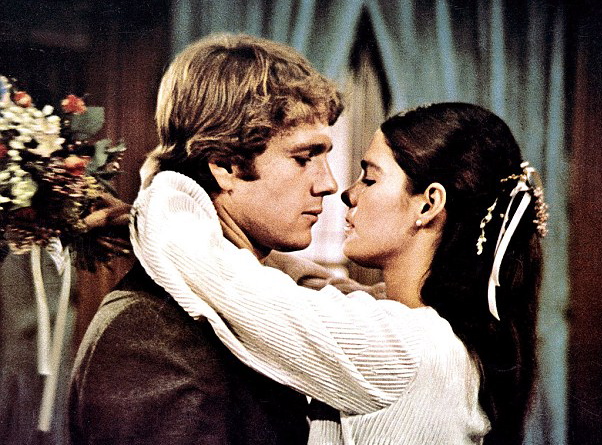
I’ve been studying Buddhism for a few years now, and in that time, I’ve come to learn that worship and blind devotion were of no concern to the Buddha.
His main concern was the liberation of all sentient beings from suffering. As a result, more than 2,500 years ago, he handed out the Four Noble Truths:
1. Understand that life is suffering—everything changes.
2. Realize the causes of suffering—attachment, desire, craving.
3. Recognize that it’s possible to end suffering.
4. Take the necessary steps to end suffering, known as the eightfold path: right understanding, right attitude, right speech, right action, right livelihood, right effort, right mindfulness, and right concentration.
Applying this Buddhist teaching helps lead us to a life free of suffering.
But when Buddhists speak of suffering, they don’t imply that outer conditions will change. A life free of suffering means we apply our wisdom to prompt an inner change—this is how we stop personal suffering.
Since the Buddha’s teachings are not sectarian, we can easily apply them to any issue. And one issue that often causes us to suffer is our intimate relationships.
Every relationship has its ups and downs. This is natural. However, when problems persist, we can start to wonder if our relationship will work out or end badly—at least, that’s been my question more than a few times.
Studying Buddhist philosophy has helped me understand that relationships can only succeed if we figure out what makes them work. The Four Noble Truths might be the solution we’re all looking for.
Here’s how I apply these truths to romantic relationships:
1. Understand that relationships involve suffering.
When we fall in love with another person, we assume that the euphoria we feel at the beginning will persist. When bad things happen, we become disappointed and try to hold on to the good moments. Each relationship has its happy moments; however, there will always be issues.
Everything in life has a positive and negative cycle; one cycle can’t exist without the other. Consequently, if we wish to solve our problems, we must understand that the rising of problems is natural. Instead of always holding on to the good (which will eventually drain us), we should be open to the bad and be ready to deal with it as it arises.
2. Realize why you’re suffering in your relationship.
Buddhist philosophy teaches that suffering is caused by attachment and craving. The same can be said of our intimate relationships.
When attachment kicks in, craving surfaces. Instead of embracing what the moment brings to the relationship, fear arises, and we become terrified of losing the relationship or our partner. Attachment eradicates the presence of love. Needing someone is different than consciously choosing to be with them. When we consciously choose another person, we embrace their presence, yet we don’t mind their absence either.
3. Recognize that it’s possible to end the suffering that exists in relationships.
Once we understand what is causing our suffering, we can work on a solution. This starts by accepting our partners and experiencing love from moment to moment. Instead of building up the expectations we have for our partner or for how the relationship “should” be, we must accept reality as it is.
Add to that the necessity for communication, understanding, and giving both our partner and ourselves the space we need. As Buddhism teaches, cultivating loving-kindness for our partner is imperative for the growth of our relationship. Without forgiveness and compassion (for ourselves and our partner), relationships cannot thrive.
4. Practice the steps that can change your relationship for the better.
Relationships, like anything else in life, require constant practice. We must practice how to accept the bad moments and train ourselves to deal with them mindfully. Knowing intellectual concepts is not enough—we must put them into action if we wish to experience a relationship that is conscious and healthy.
If you wish to love your partner more fiercely, love yourself first. If you want to give them more, give yourself more. When we become more aware of our actions and speech, we can open a whole new door in our relationships.
~
~
Author: Elyane Youssef
Image: IMDB
Editor: Nicole Cameron
Copy Editor: Yoli Ramazzina
Social Editor: Waylon Lewis


 Share on bsky
Share on bsky




Read 3 comments and reply